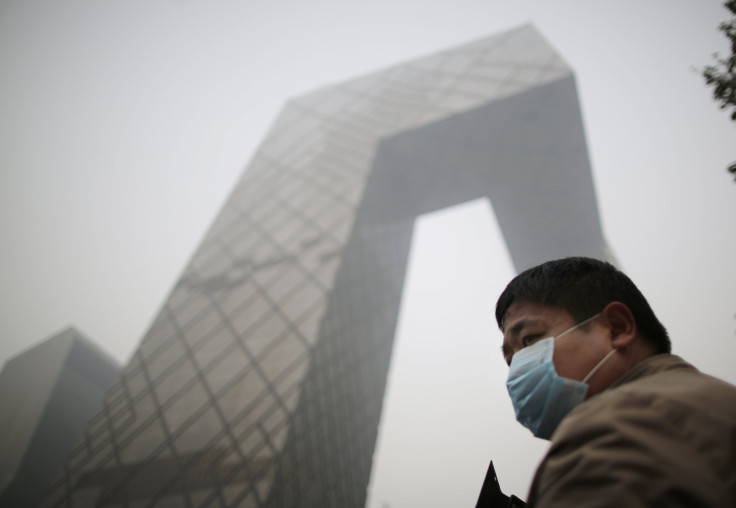China's Air Pollution Returns As Lockdowns Ease
KEY POINTS
- Air pollution has returned to China as industrial activity continues after the lockdowns were lifted
- China's toxic pollutant levels in April were higher than the same period last year
- The same trend could also happen in other places
After months of having clearer skies and cleaner air, China's air pollution appears to be back as the coronavirus lockdowns ease. According to experts, what happened in China could be a precedent for other countries.
On Friday, Greenpeace China released data showing air pollution in the country has already rebounded after months of having lower levels of pollutants due to the coronavirus restrictions. In fact, from having the pollutant levels significantly drop during the first months of the year, China's levels of toxic pollutants in April were even higher than the levels during the same period last year.
"What is interesting is how rapidly the emissions have rebounded after the sharp fall seen in the first three months of the year," Greenpeace China climate and energy expert Li Shuo said, according to AFP. "This may be an early sign that the positive trends seen during the epidemic period might be quickly reversed."
According to Li, it is the increase in industrial production, which had to shut down during the lockdown, as well as weather patterns that contributed to the air pollution problem. Further, China relies on coal for most of its energy needs, and electricity production also increased in April.
This has environmentalists concerned over the possible environmental effects of China's efforts to jump-start its economy. After the 2008 financial crisis, air pollution increased amid the efforts to bounce back from the temporary slow-down.

In late April, the European Environmental Bureau (EEB) also noted air pollution's return to China, warning Europe could also be headed in the same direction. Amid the coronavirus lockdowns, places such as Italy and Paris also saw significant decreases in pollutant levels. Now, the lockdowns are slowly being lifted.
"During this pandemic, what happens in China has often been a window into what happens elsewhere some time later," EEB air policy officer Mergherita Tolotto said. "Breathing toxic air compromises our health and makes us more vulnerable to health threats."
Tolotto noted recovery efforts must also match the European Green Deal, which includes a commitment to putting forward "zero-pollution" action plans.
"Our governments and the European Commission must prevent harmful air pollution from returning and develop exit strategies which avoid taking us back to a dirty future," Tolotto said. "Any pandemic-related economic recovery programmes should match the ambitions of the European Green Deal and its zero pollution goal. This means promoting cleaner energy, smarter mobility, sustainable agriculture and industry to build a cleaner, more resilient future."
© Copyright IBTimes 2024. All rights reserved.






















